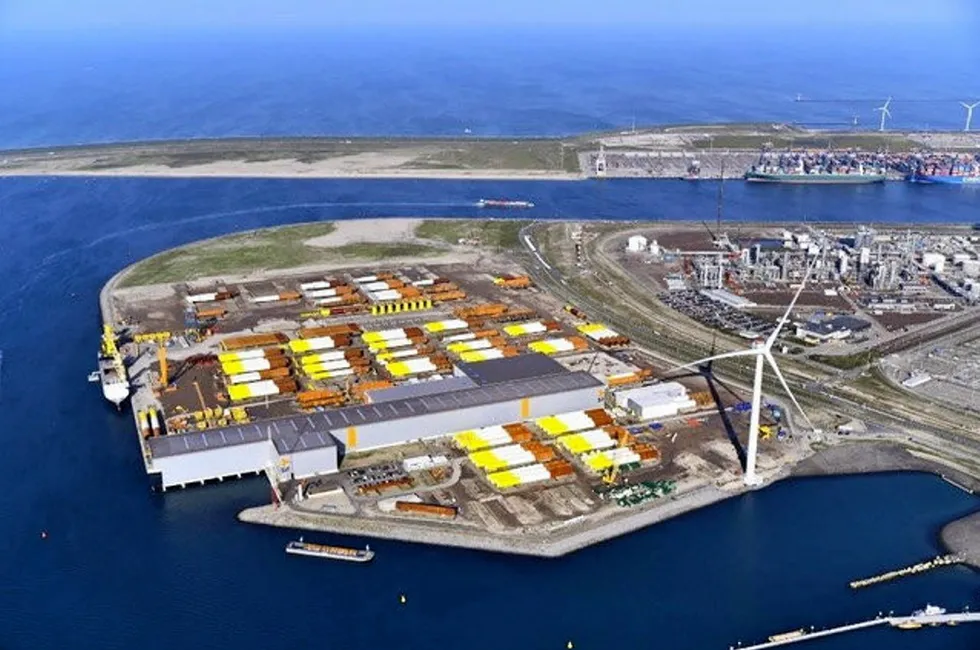Netherlands plans green hydrogen import auction by early 2024, backed by €300m of subsidies
Dutch government intends to open its first tender under the German-led H2Global scheme 'at the end of this year/beginning of next year'

Dutch government intends to open its first tender under the German-led H2Global scheme 'at the end of this year/beginning of next year'
